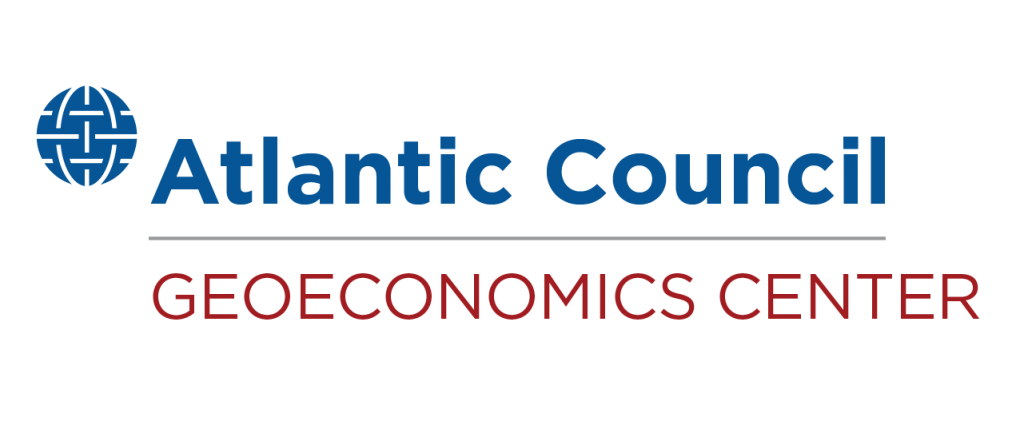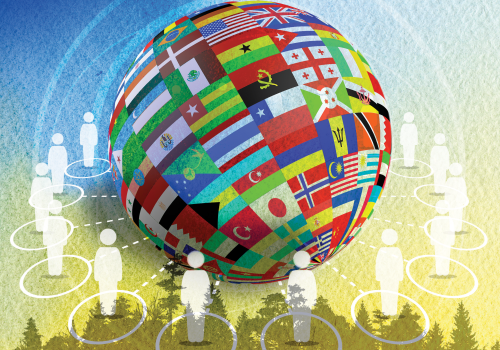October 17, 2022
The evolution of the IMF: A case for IMF 1.5 before Bretton Woods 2.0
Since their creation in 1944, the International Monetary Fund (IMF) and other Bretton Woods Institutions (BWI) have made significant contributions to the growth and stability of the world economy. However, they are now faced with enormous challenges going forward in the remainder of the twenty-first century. A century likely marked by increasing frequency of climate-related acute events, global inflation, rising public debt beyond sustainable levels, and growing geoeconomic rivalry among the world’s largest economies.
Many ideas have been put forward to reform these institutions to make them fit for the new era.
Unfortunately, ambitious and comprehensive reform proposals are not likely to be seriously considered due to high geopolitical tension and mistrust among major countries. An example of these ambitious ideas includes changing the quota and voting shares among members to better reflect the increasing weight of emerging and developing economies, most importantly China. Other ideas consider raising the capital of the IMF and the World Bank Group (WBG) and promoting the SDRs as the main international reserve currency. Clearly, these proposals will not attract much attention in today’s strained geopolitical environment.
Nevertheless, the need for reform is pressing. Therefore, it is important to look at more practical and feasible reform, narrower in scope and technocratic in nature, to improve the working of those institutions in the current difficult environment. This paper argues for IMF 1.5 in the short and medium run as a path to IMF 2.0 in the long run. These practical reforms include equitably allocating lending resources among member countries, more specifically, a relative shift from Latin America to Sub-Saharan Africa. Also, the IMF should scale back structural reform as conditionality and offer coordination to different providers of emergency liquidity to make them more effective. Moreover, the IMF should avoid mission creep by focusing on and leveraging its institutional expertise in economic analysis and assessment of risks. The success or failure of these smaller-scale feasible reforms today will determine the path forward to more substantive reforms of Bretton Woods Institutions in the long run.
Related content

At the intersection of economics, finance, and foreign policy, the GeoEconomics Center is a translation hub with the goal of helping shape a better global economic future.


